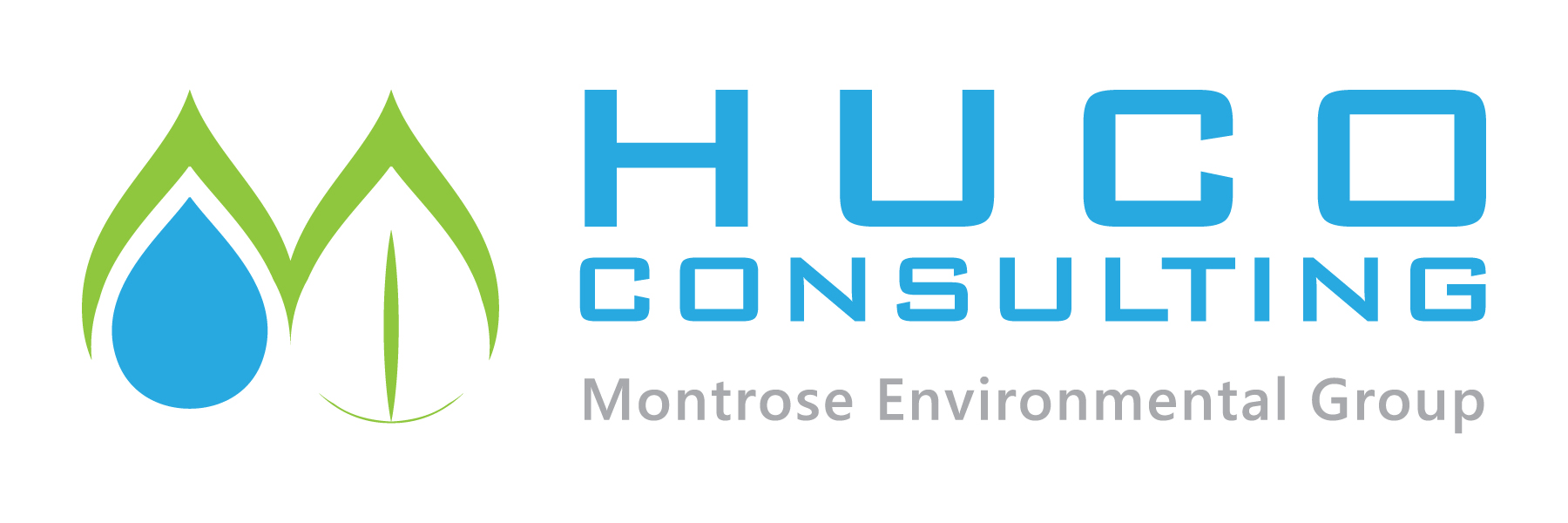
Mike Lee
April 27, 2020
Are you new to working remote?
What is Trust, and why does it apply to the workplace? As individuals we set expectations for how others behave. For instance, when you reserve a conference room, you expect that your colleagues will honor your request and leave the room vacant for your meeting. That expectation is Trust. You also expect that people will consistently meet expectations. Simply put: Trust = Consistency / Time.
Harvard researchers Mortenson & Neely define two types of trust that are important to understand while applying this concept to the workspace:
- Swift Trust develops quickly and may disappear entirely once the situation requiring trust passes. For instance, I trust my Uber driver to take me to a client site even if I’ve never met them before.
- Passable Trust exists permanently based on observing consistent behavior matching expectations over time. For instance, I trust Kate in IT to prepare new SharePoint sites for our clients because she always sets them up within a day of my request.
In the workplace, when your organization hires a new team member, you probably know little about this person. However, there is an expectation this individual will perform the tasks required for the role they were hired for. This is an example of Swift Trust. Over time, by consistently performing their job duties, your new colleague builds Passable Trust. For those who do not work face to face with their colleagues on a daily basis, this Passable Trust is particularly important.
Creating Trust between colleagues that do not work together in the same location goes beyond the challenge of simply scheduling meetings that work for team members in different time zones or everyone getting their work done on time. As a leader, how do you foster Trust with colleagues that you do not interact with face to face? To understand the practical application of Trust, Mortenson and Neely similarly break down the concept of Knowledge:
- Direct Knowledge is learning about the other person. For instance, I know that my colleague Daniel is excellent at creating dashboards, so I trust him to prepare visuals for our slides when creating presentations.
- Reflected Knowledge is learning how you come across to others. I know that Daniel understands I’m not as experienced creating dashboards as he is because he offers to help before I ask.
This concept of Knowledge is critical for effectively building Trust in digital workspaces where there may be underlying cultural differences. A colleague of mine from the UK had lunch with me in Houston. After lunch, he asked why others were responding to him with “Yes Sir” or “No Sir”. He thought everyone wanted to make him feel old. So, while his colleagues were trying to treat him with respect in their own way, he was experiencing it as rudeness. Once this slight difference in dialect was understood, the group was able to build more collegiality, and everyone became friendlier in turn.
For those who typically work in person with their colleagues, Passable Trust and Direct Knowledge may already exist. In a shared workspace, simple misunderstandings like the dialectical example above are easily overcome. Various rituals such as making small talk while refilling a cup of coffee have been the traditional vehicles to building Direct and Reflected Knowledge of each other. The virtual work environment lacks these simple opportunities for discrete Knowledge and Trust building interactions.
At Huco, we consider the concept of Trust a Fundamental Skill and have embedded it in our company culture. Here are our top tips that you can apply to your own organization:
- Foster an environment that builds both Direct and Reflected Knowledge internally. At Huco, we prefer to use video calls when possible as it makes it easier to read non-verbal communication cues and gain Reflected Knowledge by taking the time to understand each other.
- Understand that Trust is a 360-degree requirement. Huco’s leadership team expects that they must build the Passable Trust of employees, and reciprocally, our consultant staff must build Passable Trust from management and other team-members.
- For external communications, develop practices that create Trust with your clients or other organizations you interact with. We create standardized processes for our work products (internally referred to as wheels) to ensure consistency regardless of the employee working on the project. This fosters Trust from our clients by leading to expected behavior and outcomes.
- Adapt team-building rituals from traditional office environments to your remote office. At Huco, we use MS Teams as an internal communication tool. We have individual channels for our unique practice areas and general channels for all employees including a “Fun” channel that takes the place of traditional water cooler chats.
The proper application of Trust has always been essential for successful global teams. Today, with more of us working from home than ever before, this concept will grow in importance, but you must be careful: you can’t force Trust on people. It must develop over time.


